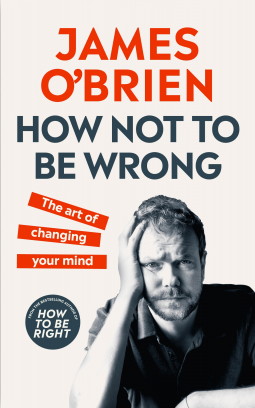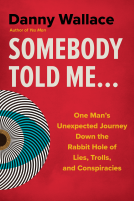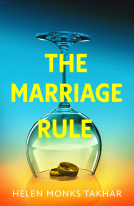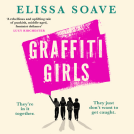
How Not To Be Wrong
The Art of Changing Your Mind
by James O'Brien
This title was previously available on NetGalley and is now archived.
Send NetGalley books directly to your Kindle or Kindle app
1
To read on a Kindle or Kindle app, please add kindle@netgalley.com as an approved email address to receive files in your Amazon account. Click here for step-by-step instructions.
2
Also find your Kindle email address within your Amazon account, and enter it here.
Pub Date 22 Oct 2020 | Archive Date 1 Dec 2020
Random House UK, Ebury Publishing | WH Allen
Talking about this book? Use #HowNotToBeWrong #NetGalley. More hashtag tips!
Description
There’s no point having a mind if you never change it
In his bestselling How To Be Right, James provided an invigorating guide to how to talk to people with bad opinions. And yet the question he always gets asked is ‘If you’re so sure about everything, haven’t you ever changed your mind?’
In an age of us vs. them, tribal loyalties and bitter divisions, the ability to change our minds may be the most important power we have. In this intimate, personal new book, James’s focus shifts from talking to other people to how you talk to yourself about what you really think. Ranging across a dazzling array of big topics, cultural questions and political hot potatoes, James reveals where he has changed his mind, explains what convinced him, and shows why all of us need to kick the tyres of our opinions, check our assumptions and make sure we really think what we think we do.
Coloured with stories of changing minds from the incredible guests on his podcasts and callers to his radio show, and spanning big ideas like press regulation and brexit, through to playful subjects like football and dog-ownership, How Not To Be Wrong is packed with revelations, outrage, conversations and lots of humour.
Because in a world that seems more divided than ever, if you can’t change your own mind you’ll never really be able to change anyone else’s.
Available Editions
| EDITION | Hardcover |
| ISBN | 9780753557709 |
| PRICE | £14.99 (GBP) |
| PAGES | 240 |
Featured Reviews
In his best-selling How to Be Right, James O'Brien provided an invigorating guide to how to talk to people with bad opinions. And yet the question he always gets asked is: 'if you're so sure about everything, haven't you ever changed your mind?' In an age of us vs them, tribal loyalties and bitter divisions, the ability to change our minds may be the most important power we have. In this intimate, personal new book, James' focus shifts from talking to other people to how you talk to yourself about what you really think. Ranging across a dazzling array of big topics, cultural questions and political hot potatoes, James reveals where he has changed his mind, explains what convinced him and shows why all of us need to kick the tyres of our opinions, check our assumptions and make sure we really think what we think we do. He asks us to consider that over time as people we have unwittingly formed both conscious and unconscious bias through the opinions we are exposed to, including those of our family members, our education systems and our place in society. The types of media we consume also feeds into these biases, including television, press and social media.
Coloured with stories of changing minds from the incredible guests on his podcasts and callers to his radio show, and spanning big ideas like press regulation and Brexit through to playful subjects like football and dog-ownership, How Not to Be Wrong is packed with revelations, outrage, conversations and lots of humour. Because in a world that seems more divided than ever, if you can't change your own mind you'll never really be able to change anyone else's. This is an accessible, fascinating and important read which argues that we should be more self-aware and reflective and challenge our own opinions. It's a compelling book that is written in a conversational style and you can tell it has been extensively researched. It also features some interesting anecdotes throughout and proposes that only through challenging our own thought processes can we learn to be more intuitive and come to understand that changing your mind, provided it is in an informed manner, helps us mature as people and be more open-minded in the long term. Highly recommended. Many thanks to WH Allen for an ARC.


















